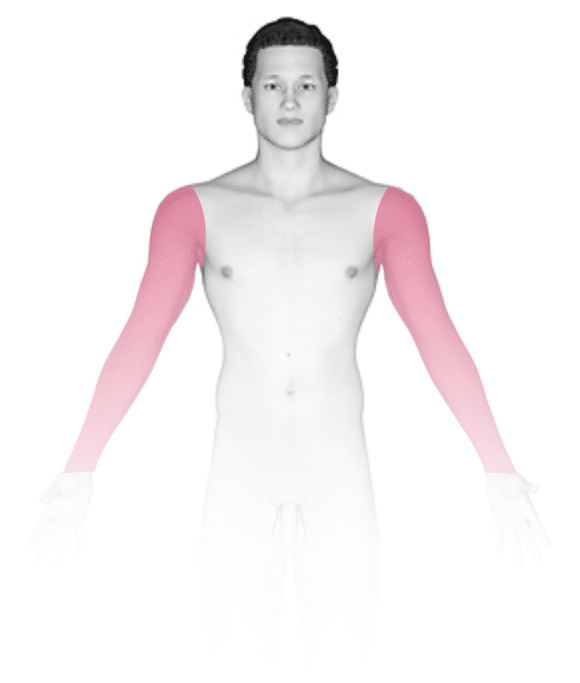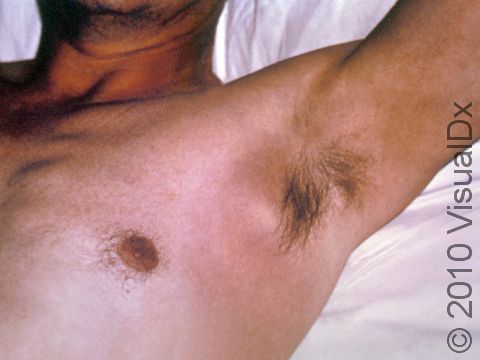Plague, Bubonic
Bubonic plague is an illness caused by the bacterium Yersinia pestis. This bacterium is carried by a certain type of flea, commonly known as a rat flea, which infects humans and animals. Humans can get bubonic plague from the bite of an infected flea, from the bite of an animal infected with Y. pestis, or from handling the carcass of an infected animal. The name of the illness comes from the classic skin lesions that develop in persons infected with Y. pestis: large, swollen lymph nodes called buboes.
Bubonic plague is easily treated with modern antibiotics, if the diagnosis is made quickly; this was not the case in the Middle Ages, when millions of people died from a bubonic plague epidemic. Today, bubonic plague exists around the world but in very small numbers. In the United States, there are 10–15 cases per year. Mortality, in disease that has undergone treatment, is about 5–15%; mortality, in disease that has been untreated, approaches 60%.
Y. pestis has the potential to be used as a weapon of bioterrorism; if this were to happen, the bacterium would likely be dispersed as an aerosol and would cause a different form of plague, known as pneumonic plague. Unlike bubonic plague, pneumonic plague is highly contagious among humans (bubonic plague is not contagious among humans), and mortality is even higher. In the case of a bioterrorism attack with Y. pestis, the United States maintains a stockpile of appropriate antibiotics to treat plague.
Who's At Risk?
Bubonic plague is usually passed to humans from the bite of an infected rat flea, which almost always infests rats, though other small rodents and even some domestic animals, such as cats and dogs, have been infected. In the United States, rat fleas are found in the Southwestern states. Other countries around the world with rat fleas and bubonic plague include India, Vietnam, parts of Africa, and the former Soviet Union. People at risk for acquiring bubonic plague include:
- Travelers to the above endemic areas, particularly if residing in rat-infested areas.
- Hikers, particularly in endemic areas.
- Hunters, particularly in endemic areas.
- Animal slaughterhouse workers.
- People who live in rat-infested areas.
- Exotic pet owners who handle rats.
Signs & Symptoms
The typical symptoms of bubonic plague infection are large, swollen, tender lymph nodes called buboes. These usually occur in the neck, armpit, and groin. Other symptoms include:
- Fever
- Feeling generally weak and achy (malaise)
- Headache
- Blister or infection at the site of a flea bite
- Red or purple rash on top of the enlarged lymph nodes
Bubonic plague can evolve into septicemic or pneumonic plague; these people will look even sicker, with symptoms of weakness, confusion, abdominal pain, cough, chest pain, and presence of blood-tinged sputum.
Self-Care Guidelines
Bubonic plague is an unusual diagnosis and needs to be treated quickly, so if you have reason to suspect that you have bubonic plague, you should seek medical attention immediately and relay your concerns. Additionally:
- Although there is no evidence that bubonic plague is contagious between humans, take care to not come into contact with other people, particularly children, the elderly, and the immunocompromised.
- Keep buboes and other skin lesions clean and covered.
- Rest and stay well hydrated until you can receive direct medical care.
Treatments
Common antibiotics are effective at treating bubonic plague, if started early in the course of illness. Your doctor will test your blood and will test the contents of the inflamed lymph node by taking a sample with a small needle. You will be started on antibiotics, and people in close contact with you may also be started on antibiotics to prevent against disease, though there is little risk of person-to-person transmission with bubonic plague.
There is no vaccine for bubonic plague.
Visit Urgency
You should contact your doctor whenever you have an illness with large, swollen lymph nodes. (Many medical conditions other than bubonic plague cause this sort of reaction, and most of these conditions require medical attention.) If you have a specific reason to suspect bubonic plague, mention your concerns to your doctor. If you are bitten by fleas in a rat-infested endemic area or if you are in contact with a person with bubonic plague, contact your doctor to discuss preventative treatment.
Trusted Links
Last modified on October 6th, 2022 at 3:11 pm

Not sure what to look for?
Try our new Rash and Skin Condition Finder
